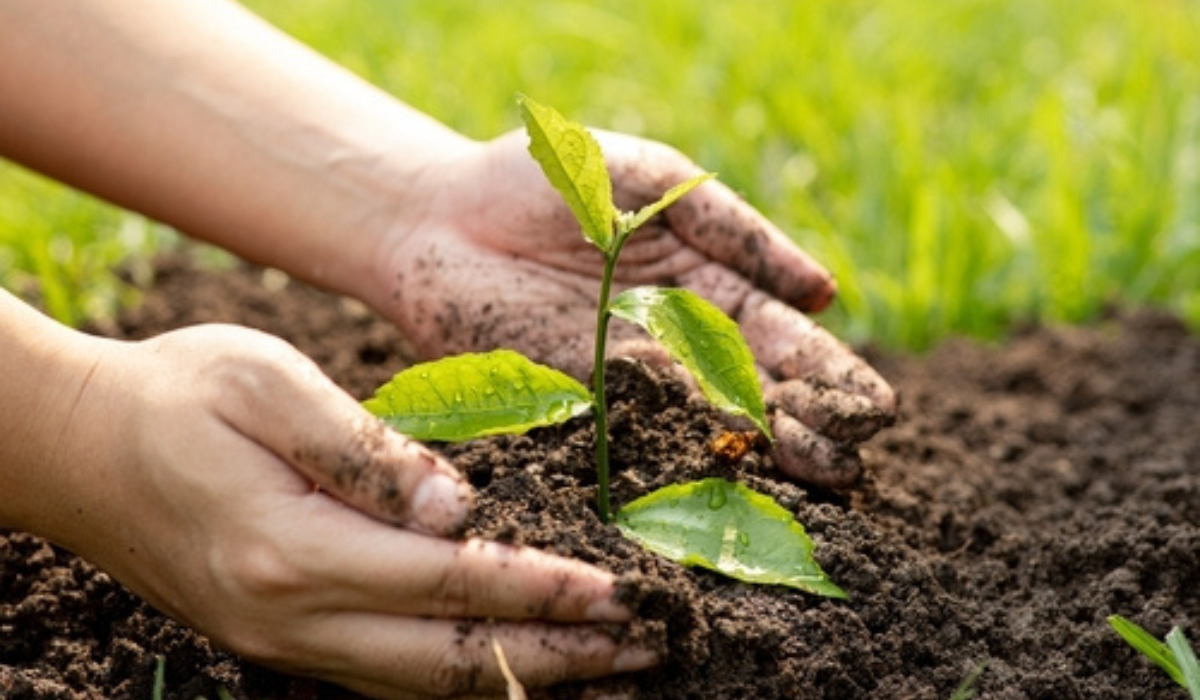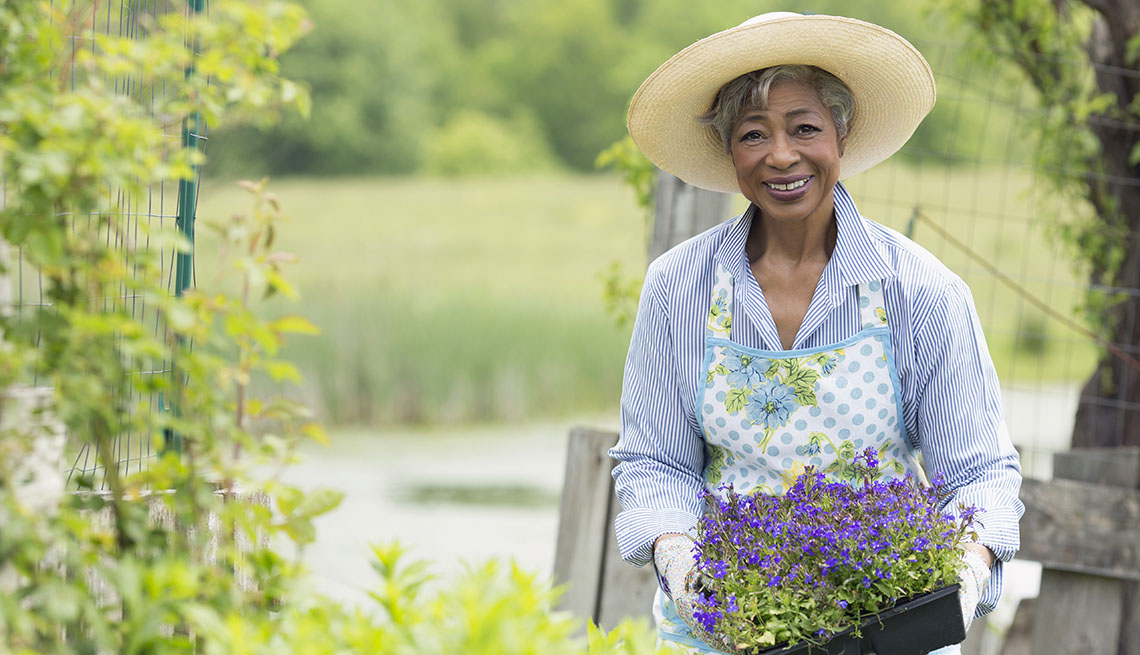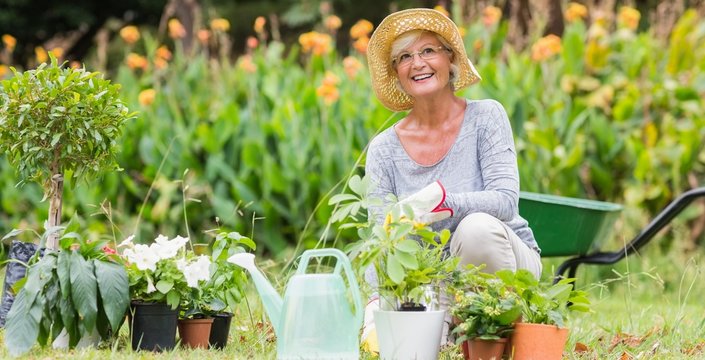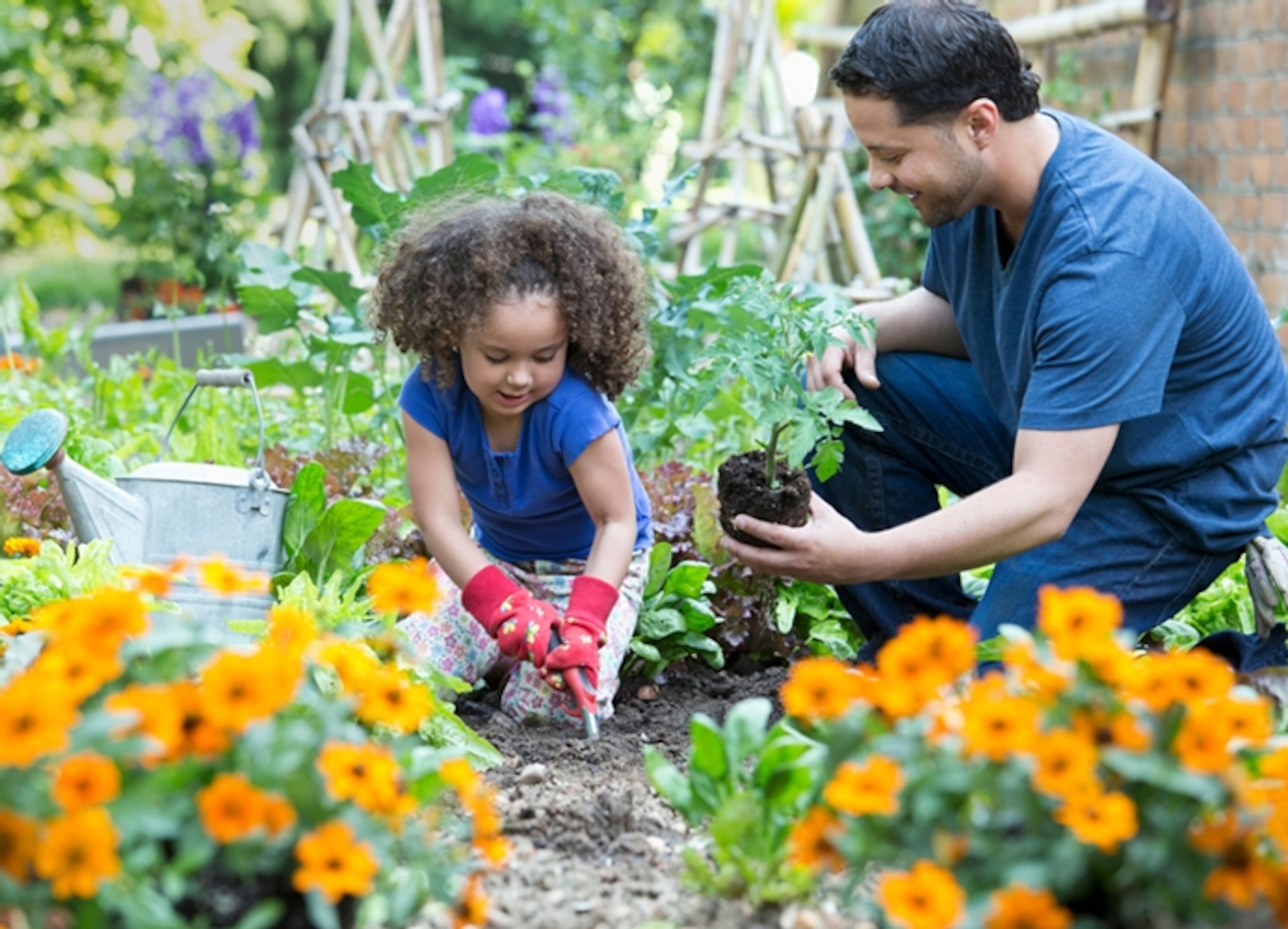 Gardening
Gardening Gardening
GardeningGarden lovers often say that gardening is therapy, and that assessment might be truer than you think. Gardening improves physical healthand produces nutritious homegrown goodies, but its therapeutic benefits extend beyond that.
Gardening has been shown to lighten mood and lower levels of stress and anxiety. It's very gratifying to plant, tend, harvest and share your own food. Routines provide structure to our day and are linked to improved mental health. Gardening routines, like watering and weeding, can create a soothing rhythm to ease stress
Gardening can be a healthy tool to connect to the current moment and not be caught up in your mind. For many people, it can also be a place of spiritual or holistic practice. It's very relaxing to be surrounded by plants and nature, so many find their garden spaces or houseplant areas to be quiet or peaceful places for meditation or prayer.
Hard work pays off with fruiting or flowering of a plant, bigger/more growth of a plant, and/or having your overall goal be achieved, thus increasing self-esteem. This is especially true in younger people or first-time hobbyists. The sense of achievement and learning new skills helps their self-esteem increase. As with many hobbies, the more you practice it, the better you become, the more information you learn, and the more skills you have underneath your belt.
Connecting with the natural world, in general, helps relieve people from attention fatigue. Gardening is a great hands-on experience with nature. Working with the soil, smelling the plants and dirt, feeling the different textures, and seeing all the green foliage and flowers can help relax the mind and ground yourself. When you ground yourself, you reduce stress, anxiety, and even built-up anger.




Coded by Guadalupe Lucio